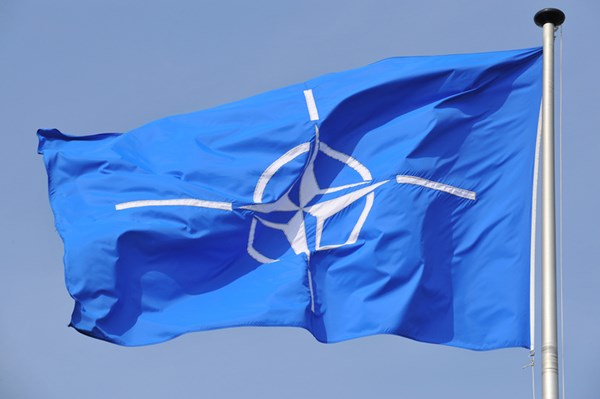NATO does not intend to deploy nuclear missiles in Europe after US withdrawal from INF Treaty
The Deputy Secretary General of the Alliance, Rose Gottemoeller, made an announcement before the opening of the two-day NATO summit in Brussels stating that NATO has no intention to deploy new nuclear missiles in Europe after the United States and Russia’s decision to withdraw from the Treaty on the Elimination of Intermediate-Range and Shorter-Range Missiles (INF), reports Deutsche Welle.
"We will have to discuss NATO’s response to the new Russian missiles. However, we are not going to deploy new nuclear ground-based combat systems in Europe," the United States official told the Süddeutsche Zeitung newspaper.
According to Gottemoeller, "the door for a diplomatic solution capable of saving the INF Treaty remains open." Washington is still ready to change the decision to withdraw from the treaty if Russia returns to its compliance by eliminating the 9M729 missiles.
In turn, former German General Harald Kujat, who in the past lead the NATO Military Committee, sharply criticized the U.S. decision on the INF Treaty.
"Medium and short-range missiles included in the treaty, threaten only Europe, and not the United States," said Kujat. According to him, the outcome means less security for Europe than during the term of this treaty. In fact, withdrawal from this treaty means the United States refusal to ensure the security of the European allies, believes the German general.
Washington and NATO believe that the Russian Federation violated the INF Treaty with the 9M729 missile, capable of hitting target at a distance of more than 500 kilometers. The Russian military, in turn, argues that 9M729 cannot overcome the 500-kilometre distance limit. In December 2018, the United States threatened to withdraw from the agreement if Russia did not return to the fulfillment of its contractual obligations within 60 days. After two months, Washington suspended the U.S participation in the INF Treaty agreement.
The next day, Russian President Vladimir Putin announced Moscow’s "mirror response" and instructed the Russian Foreign Ministry and the country's defense ministry to stop further attempts to initiate negotiations regarding this agreement.
The General Secretary of the Central Committee of the Communist Party of the Soviet Union (CPSU) Mikhail Gorbachev and the U.S. President Ronald Reagan signed the INF Treaty in 1987. Medium and short-range missiles pose the greatest threat to the world, as they are able to reach the goal within a few minutes and do not leave the enemy a chance to prepare for the strike and repel it.
